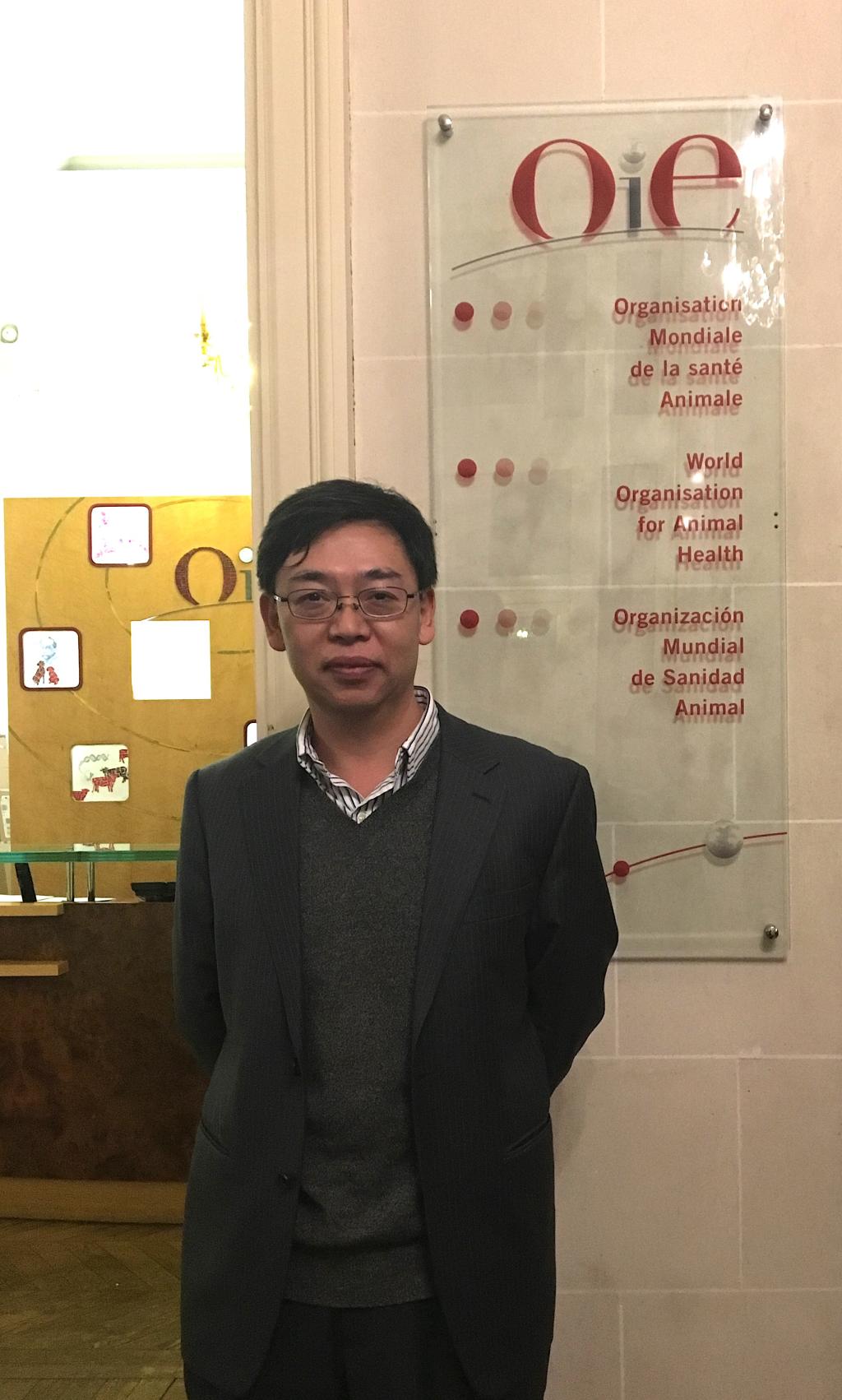From November 27 to 29, Professor Zhang Weiwen, Director of the TJU Center for Biosafety Research and Strategy, attended the Headquarters of the World Organization for Animal Health (OIE) in Paris for a three-day expert meeting, at the invitation of the OIE.
Inviting six internationally renowned experts on dual-use biotechnology, the meeting was aimed at developing guidelines on the use, risk identification, assessment and management of dual-use technology in animal medical laboratories for the 182 members of the OIE. The experts involved in drafting the regulations came from universities and research institutes in the US, Germany, France, Australia, the UK and China. Among them, Prof. Zhang was the only one from China as well as from a developing country.

During the three-day meeting, the participants, after considerable discussion, laid down a new regulation for the OIE on “Reducing biological threats through the identification, assessment and management of dual-use technology”. As a formal text, the regulation will be submitted to the OIE for validation and will be implemented within this year. Prof. Zhang participated in the entire formulating process, and commented on the risk identification and assessment, the responsibilities of academic institutions and public involvement of dual-use technology. His views were recognized by other experts at the meeting and were written into the regulation.
It was the second time experts from the TJU Center for Biosafety Research and Strategy to attended an expert panel convened by the OIE and to draft UN regulations, which essentially endorses Chinese diplomacy in science and technology. Moreover, Chinese scientists are increasingly involved in the development of international science and technology policies. Previously, the “Model Codes of Conduct for Bio-scientists” drawn up by experts from the Center was jointly submitted by the diplomatic missions of China and Pakistan to the UN Biological Weapons Convention (BWC) as the lead authors. Thus far, it has been a topic for discussion at expert meetings of the BWC and was formally listed in the working plans for the meeting.
By: Li Qian, Jin Chunyan
Editors: Sun Xiaofang and Ross Colquhoun






